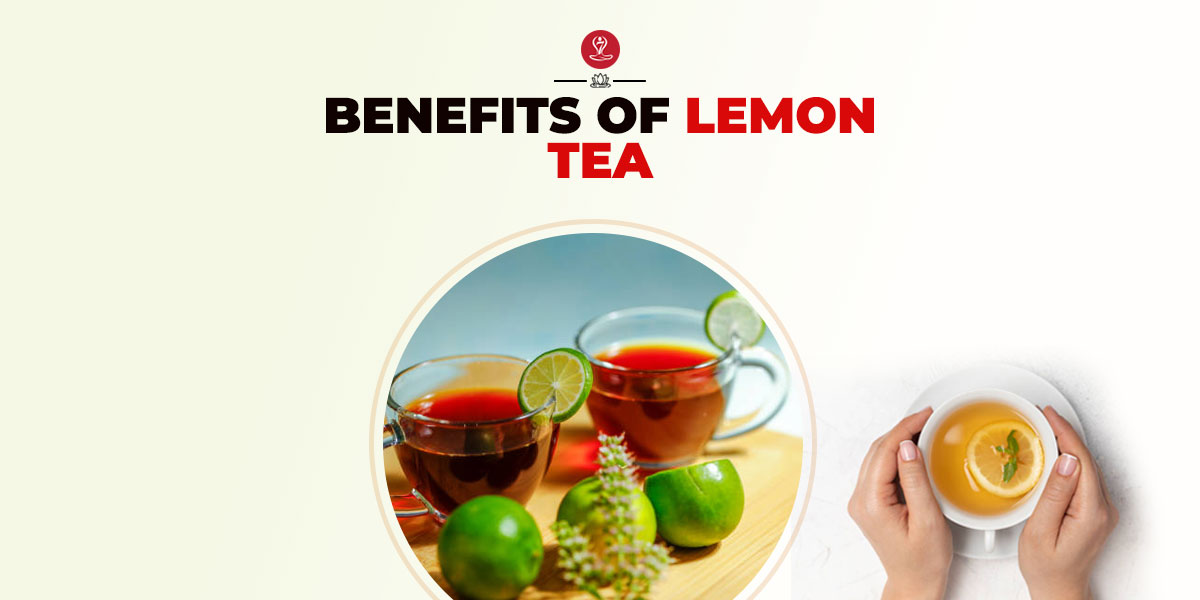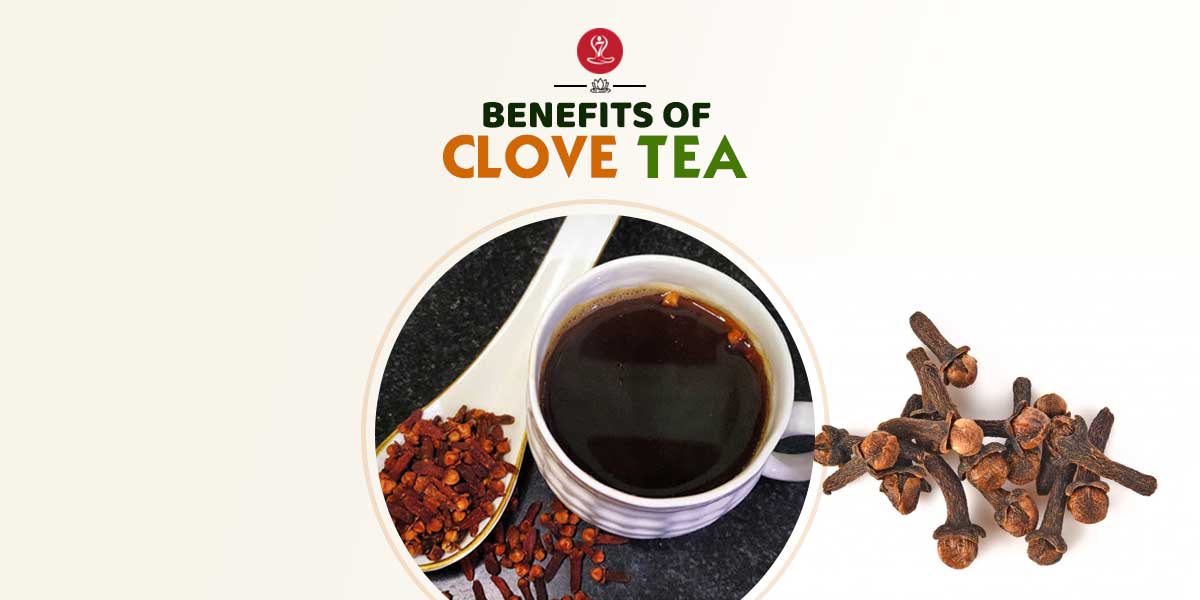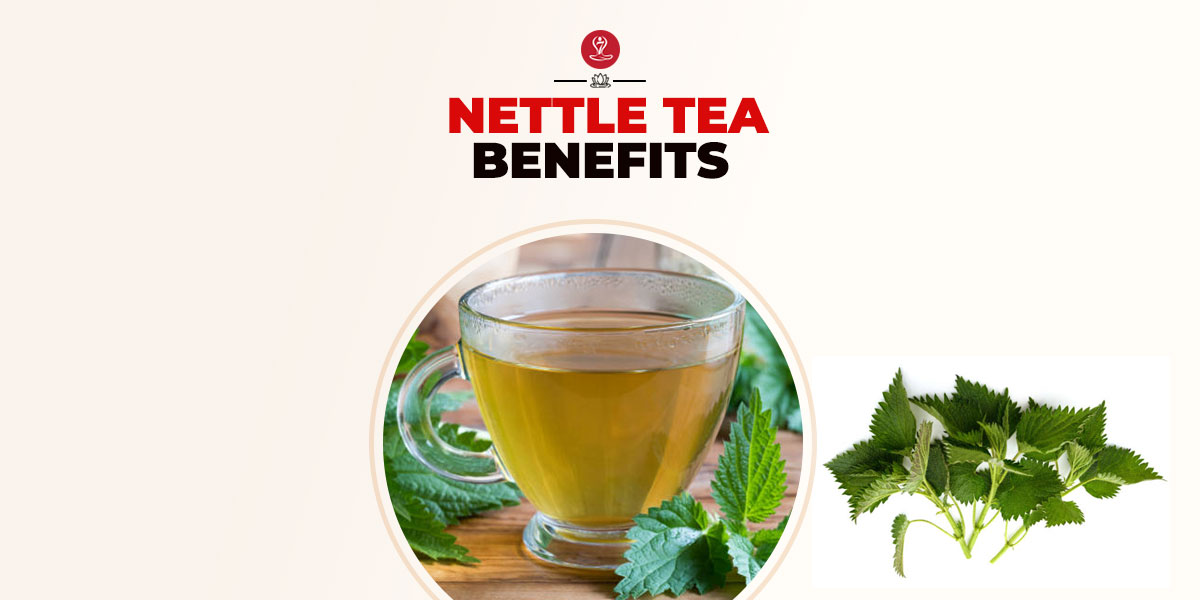
In this article, we take a look at some of the health benefits of Lemongrass Tea and consider the scientific-based supporting the claims.
Lemongrass is a tall and stalky plant that has lemon and mint flavors and is mostly used as a flavoring agent in teas, soups, and dishes.
Lemongrass Tea has been used for centuries in Southeast Asia and South India as a medicine to boost immunity, promote sleep, relieve pain, and improve overall health.
What’s more, a cup of tea made from Lemongrass is packed with anti-inflammatory, antimicrobial, and anticancer properties.
Lemongrass is often used for the production of herbal teas, lemongrass oils, culinary herbs, and citronella candles. The essential oil of lemongrass is used in aromatherapy.
To make Lemongrass Tea, fresh or dried lemongrass is infused into hot water.
However, consumption of this special Lemongrass Tea may come with some risks. Consequently, it is safest to start with a low dosage and work up to larger doses slowly.
Nutritional Profile of Lemongrass Tea
Lemongrass tea is a low-calorie beverage that is known for its refreshing taste and fragrance. Here is the nutritional profile of lemongrass tea:
- Calories: Lemongrass tea contains very few calories, typically around 1-2 calories per 8-ounce cup.
- Carbohydrates: Lemongrass tea is a very low-carbohydrate beverage, with less than 1 gram of carbs per cup.
- Protein: Lemongrass tea does not contain any significant amounts of protein.
- Fat: Lemongrass tea is a fat-free beverage.
- Vitamins and minerals: Lemongrass tea contains small amounts of vitamins and minerals such as vitamin C, folate, and potassium.
- Antioxidants: Lemongrass tea contains antioxidants that may help protect the body against damage from free radicals.
Here are 6 potential health benefits of Lemongrass tea, and what science has to say about them.
Health Benefits of Lemongrass Tea
This magical herb helps in curing many diseases. Yes, Lemon Grass has great medicinal properties with the aroma of lemon.
The medicinal properties of lemongrass such as anti-bacterial, anti-inflammatory and anti-fungal, etc. protect you from many diseases and infections.
Highly Nutritious
Lemongrass is a highly nutritious grass, loaded with vitamins, minerals, and fiber. These are responsible for many of its health benefits.
It is an excellent source of vitamins C and A, Folic Acid, Zinc, Copper, Iron, Potassium, Phosphorus, Calcium, and Manganese, Which are considered very important for our health.
That’s why it has been harvested for centuries as Indian and traditional Asian medicine.
Powerhouse of Antioxidants Properties
Research from 2010 has shown that lemongrass contains multiple types of powerful antioxidants, including chlorogenic acid, isoorientin, and Swertiajaponin. (study)
antioxidant action helps reduce inflammation and prevent a number of different health conditions such as osteoarthritis.
Healthy Digestion
Accordingly, several studies report Lemongrass may be effective for promoting better digestion by reducing the risk of certain gastrointestinal conditions.
In addition, the anti-oxidant properties present in it protect against oxidative stress and can prevent stomach ulcers and other stomach problems. (study)
Traditionally, it has been used to treat several digestive ailments, including nausea and gas.
Fight Cancer
Several animal and test-tube studies show that Lemongrass tea can decrease the rate of cancer cell division. (study)
Lemon Grass and Lemon Grass Oil have anti-cancer properties, which help reduce the risk of cancer by eliminating cancer cells.
More human research is needed to confirm Lemongrass tea’s role in digestion.
Improve Liver Health
It helps detoxify the body by removing toxins from the body and keeps the functioning of all the organs of the body under control. Lemon grass helps to keep the liver healthy by reducing uric acid levels.
Increase immunity
The medicinal properties of lemongrass can increase your immunity. It also has anti-bacterial, anti-fungal, and anti-inflammatory properties, which can protect you from many types of infections and diseases. In addition, the vitamins and minerals present in it can work to boost the immune system.
Effective in Cold Cough and Flu-
You know that lemon grass has anti-bacterial and anti-fungal properties, which are beneficial in cold cough, phlegm, and fever. During cold cough and flu, drinking lemongrass tea is beneficial.
Regularly consuming tea anti-bacterial may also improve Effective in Colds and Coughs.
How to make Lemon Grass Tea at Home?
Lemongrass tea is a refreshing and delicious drink that is easy to make at home. Here’s a simple recipe for making lemongrass tea:
Ingredients:
- 2-3 stalks of fresh lemongrass
- 4 cups of water
- Honey or sugar (optional)
Instructions:
- Begin by washing the lemongrass stalks thoroughly to remove any dirt or debris.
- Cut off the root end and the tough green tops of the lemongrass, and discard them.
- Cut the remaining stalks into smaller pieces, about 2 inches in length.
- Bring the water to a boil in a pot on the stove.
- Add the lemongrass pieces to the pot and reduce the heat to low.
- Let the lemongrass steep in the hot water for about 5-10 minutes, or until the water takes on a light yellow color and the fragrance of lemongrass is strong.
- Strain the tea to remove the lemongrass pieces.
- If desired, sweeten the tea with honey or sugar to taste.
- Serve the tea hot or chilled.
Enjoy your delicious and refreshing lemongrass tea!
Safety and Side Effects
lemongrass tea is normally well-tolerated. However, keep in mind that research is still very limited.
Some potential risks of lemongrass tea include the following:
- Increased hunger
- Dizziness
- Excessive urination
- Fatigue
Keep in mind that if you are using lemon grass for a particular problem, please consult your doctor once.
Lemon grass tea is harmful to breastfeeding and pregnant women. It affects the health of the child. So do not consume lemon grass during pregnancy.
Conclusion
lemongrass tea is a healthy and refreshing beverage that is low in calories and carbs, making it a great choice for those watching their weight or blood sugar levels.
RELATED ARTICLES
Feb 03, 2024
Lemon Tea: How To Make And Health Benefits
Given the popularity and health benefits of lemon tea, many people start their day with this tangy beverage. However, it[...]
Jan 25, 2024
Benefits Of Clove Tea For Health
The benefits of Clove tea is excellent for your overall health. Cloves are one of the most popular specialty spices, with a[...]
Mar 15, 2023
Nettle Tea: Nutritional Profile, Benefits, And How To Make it?
Today, People sip herbal teas not only for the taste but also for a variety of reasons, including stimulating or[...]
RECENT POSTS
Disclaimer
The content is purely informative and educational in nature and should not be construed as medical advice. Please use the content only in consultation with an appropriate certified medical or healthcare professional







